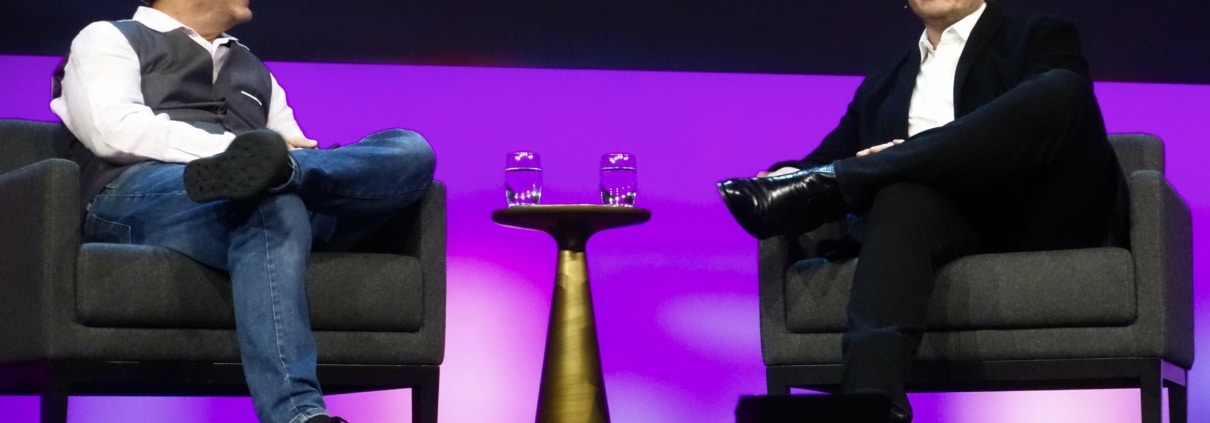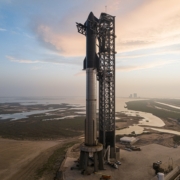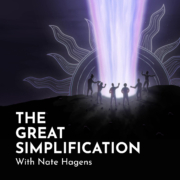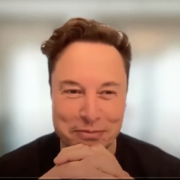Why Elon Musk Is Going to Be Bad For Twitter
Elon Musk is the richest man on the planet, with personal wealth estimated at $273 billion. This is equivalent to the GDP of Portugal or New Zealand, both ranked among the top 50 wealthiest countries in the world. Musk has been highly successful in developing new technologies: game-changing Tesla electric cars and, more recently, his SpaceX commercial rocket ships. On April 14, he announced his intention to make his mark on the social-media industry, and would go on to launch a successful $43 billion hostile takeover bid for Twitter. He has framed his run at the company as being motivated by his perspective as a “free speech absolutist.”
Musk charges that currently Twitter is not achieving its “societal imperative” to serve as a “platform for free speech around the world.” In March, he polled his 81 million Twitter followers on this topic, warning that “given that Twitter serves as the de facto public town square, failing to adhere to free speech principles fundamentally undermines democracy.” He asserts that Twitter “needs to be transformed as a private company” and that he is the man to do it.
It is in both the commercial interest of these firms and the best interest of our society for them to moderate content on their platforms actively and responsibly.
Some of Musk’s animus appears to be tied to past negative news coverage of Tesla, which has been amplified via social media. In 2018, he was upset by news reports describing accidents involving auto-piloted Tesla vehicles and the car company’s efforts to quell union organizing. He denounced “the holier-than-thou hypocrisy of big media companies who lay claim to the truth, but publish only enough to sugarcoat the lie, [which] is why the public no longer respects them.” Later, he promised to “create a site where the public can rate the core truth of any article and track the credibility score over time of each journalist, editor, and publication.”
Now, four years later, Musk’s desire to purchase Twitter may be tied, at least in part, to his still-burning desire to correct what he perceives as media bias generally, and toward him and his companies, which is amplified on social media. His views about free speech and social media are ill-conceived in at least three ways.
First, he does not acknowledge that rules pertaining to free speech in the United States are intended to constrain the actions of governments, not companies or private actors. The First Amendment to the Constitution provides that Congress shall pass no law abridging free speech, significantly limiting government action. Over the last 230 years, U.S. lawmakers and courts have carved out a few carefully crafted exceptions to this absolute prohibition on government action.
It is now settled law that the government can impose limited restrictions on the time, place, and manner of speech, the dissemination of child pornography, or speech that will provoke imminent violence. The U.S. goes further in limiting the government’s authority to constrain speech than any other country. Most nations, including our closest European allies, allow government restrictions on speech that promotes racial, ethnic, or religious discrimination. Wherever the line is drawn, most democratic states agree that, under most circumstances, the government should not be in the business of telling people what to say or not.
In the U.S., these free-speech standards were never intended to apply to private companies. It would be especially counter-productive to apply them to social media platforms like Twitter, Facebook, Instagram, YouTube, or TikTok. It is in both the commercial interest of these firms and the best interest of our society for them to moderate content on their platforms actively and responsibly. If they do not do so, their platforms will quickly be overwhelmed by spam, pornography, hate speech and violent incitement, misinformation, and conspiracy theories, which would drive away both users and advertisers.
Subscribe to the Ethical Systems newsletter
Because people post billions of items on these sites every day, the task of moderating content responsibly is both daunting and expensive. While Musk is right when he calls for greater transparency for social media algorithms his apparent vision of an unmoderated and therefore “free” version of Twitter, constrained only by local law, makes no sense in practice.
Finally, the prospect of Musk using his massive wealth to take control of one of the most influential social media platforms, and to impose his own personal vision of what is best for democracy and free speech, underscores our precarious state of affairs. Today, just four companies, Alphabet (parent of Google and YouTube), Meta (Facebook, Instagram and WhatsApp), ByteDance (TikTok) and Twitter, dominate the social media space. In a world where a growing number of people get their news online, these firms have extraordinary power to shape social and political views on a wide range of issues. The concentration of this industry has led many to call for breaking up some or all of these companies.
Whether or not pending antitrust actions in the U.S. or Europe lead to breakups, the health of our democracy depends on a commitment by the major social-media companies to moderate content on their sites more vigilantly in order to reduce the amount of mis- and disinformation, hate speech, incitement and other harmful content. To date, these firms have not invested adequate resources to address these challenges, committed to sufficient disclosures on the problems they face, or made moderation of content the kind of core business commitment that it needs to be. There is little to suggest that Musk’s entry into this industry will help advance any of these much-needed reforms.
Michael Posner is the Jerome Kohlberg professor of ethics and finance at NYU Stern School of Business and director of the Center for Business and Human Rights. Follow him on Twitter @mikehposner.
Reprinted with permission from Forbes.
Lead image: Steve Jurvetson / Flickr







